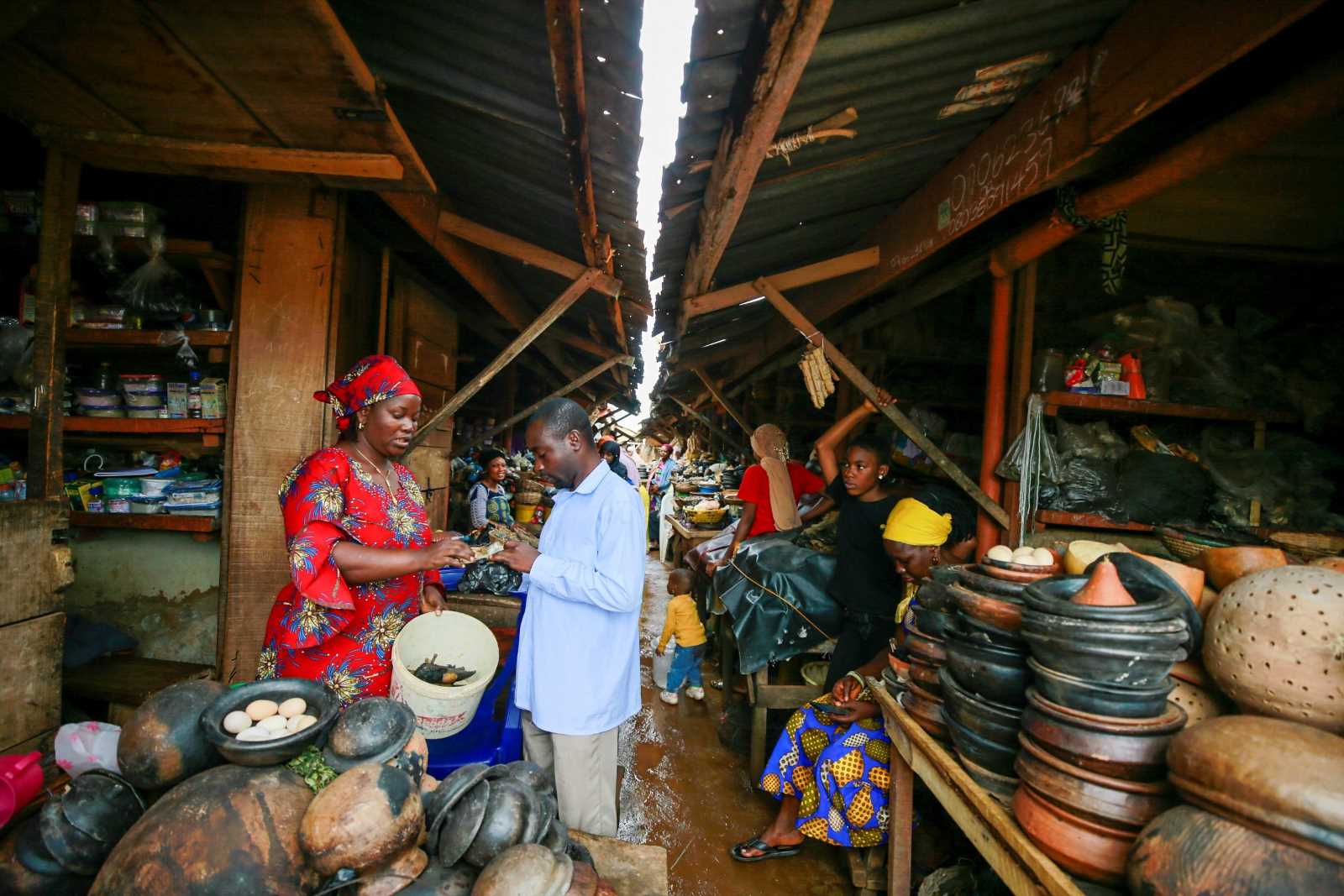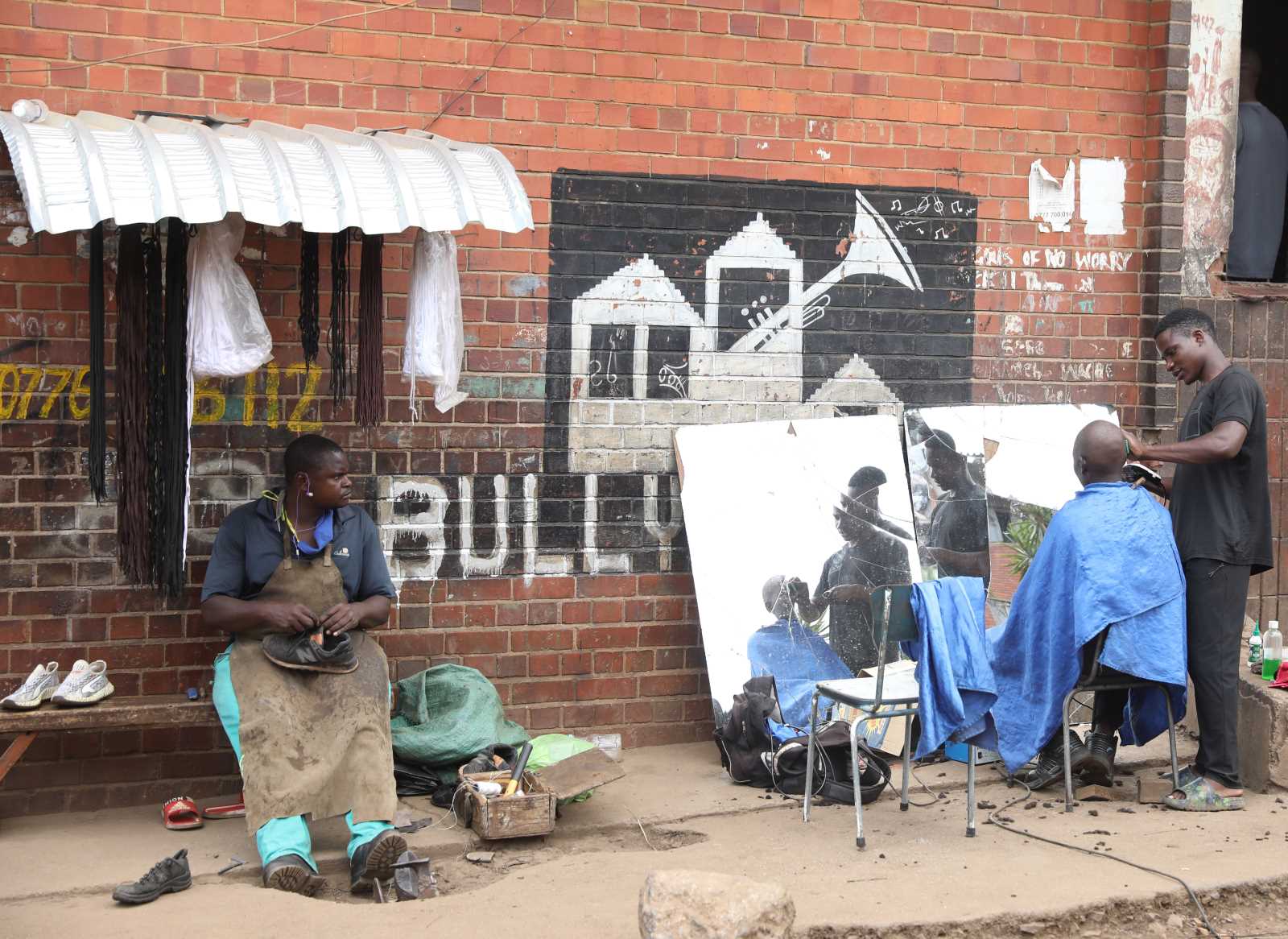Pandemic response
Why lockdowns may prove deadly

Normal 0 21 false false false DE-CH X-NONE X-NONE /* Style Definitions */ table.MsoNormalTable {mso-style-name:"Normale Tabelle"; mso-tstyle-rowband-size:0; mso-tstyle-colband-size:0; mso-style-noshow:yes; mso-style-priority:99; mso-style-parent:""; mso-padding-alt:0cm 5.4pt 0cm 5.4pt; mso-para-margin-top:0cm; mso-para-margin-right:0cm; mso-para-margin-bottom:10.0pt; mso-para-margin-left:0cm; line-height:115%; mso-pagination:widow-orphan; font-size:11.0pt; font-family:"Calibri",sans-serif; mso-ascii-font-family:Calibri; mso-ascii-theme-font:minor-latin; mso-hansi-font-family:Calibri; mso-hansi-theme-font:minor-latin; mso-ansi-language:DE-CH; mso-fareast-language:EN-US;}
To slow down the spread of coronavirus, many developing countries are following the example set by industrialised countries by imposing strict lockdowns. They require people to stay at home and refrain from economic activities. However, governments tend to severely underestimate the impact on the poor.
On 12 April, Tedros Adhanom Ghebreyesus, the director general of the WHO stated clearly: “In countries with large poor populations, the stay-at-home orders and other restrictions used in some high-income countries may not be practical. Many poor people, migrants and refugees are already living in overcrowded conditions with few resources and little access to health care. How do you survive a lockdown when you depend on your daily labor to eat?”
While governments claim they will be able to feed the poor masses, information emerging from key countries like India suggests that such assistance is patchy and does not replace the daily earnings. Moreover, in cramped urban slum conditions, any social distancing is illusory.
Coronavirus is deadly mostly in age groups beyond 60 years. Thus, the impacts of a coronavirus epidemic on a predominantly young population – as is typical of developing countries – are likely to be relatively limited. Furthermore, lockdown policies themselves cost lives in poor countries. This is not just due to brutality exerted by police officers enforcing the rules. In Nigeria, the police have reportedly already killed more violators of the lockdown than people have died from the virus. The main impact on lives is indirect: poor people cannot eat unless they earn money. Therefore, one does not even need to recur to a potentially morally questionable balancing between economic cost and the value of lives to get to the conclusion that a strict lockdown may be the wrong policy in poor countries. More, rather than less people may die.
There is one major caveat: no robust information is available regarding how coronavirus strikes in malnourished populations, especially if they also suffer indoor and outdoor air pollution. First quantitative research from the US suggests a significant link between air pollution and coronavirus mortality. Given the high incidence of indoor and outdoor air pollution in poor developing countries, this is alarming. We lack robust knowledge, so a dedicated research effort on coronavirus mortality given the multiple potentially relevant and reinforcing vulnerabilities of the poor (malnutrition, air pollution, other morbidities) is needed. To target policy responses effectively, we must urgently understand how the “cocktail” of mortality risks works.
Any lockdown lifting, moreover, should go along with systematic protection and isolation of highly vulnerable groups as far as possible. For example, the elderly and their caregivers would ideally be quarantined until a vaccine or a good treatment becomes available.
This is a huge challenge of course. No country so far has undertaken such an isolation strategy successfully. Historical experience from the 1918 influenza pandemics shows, however, that creating such “escape communities” can work. National governments in the global south must consider the related questions seriously, and they deserve massive support from bilateral and multilateral agencies.
Axel Michaelowa is senior researcher at the University of Zurich and senior founding partner of the consultancy Perspectives.
axel.michaelowa@pw.uzh.ch
Katharina Michaelowa is Professor of Political Economy and Development at the University of Zurich.
katja.michaelowa@pw.uzh.ch














